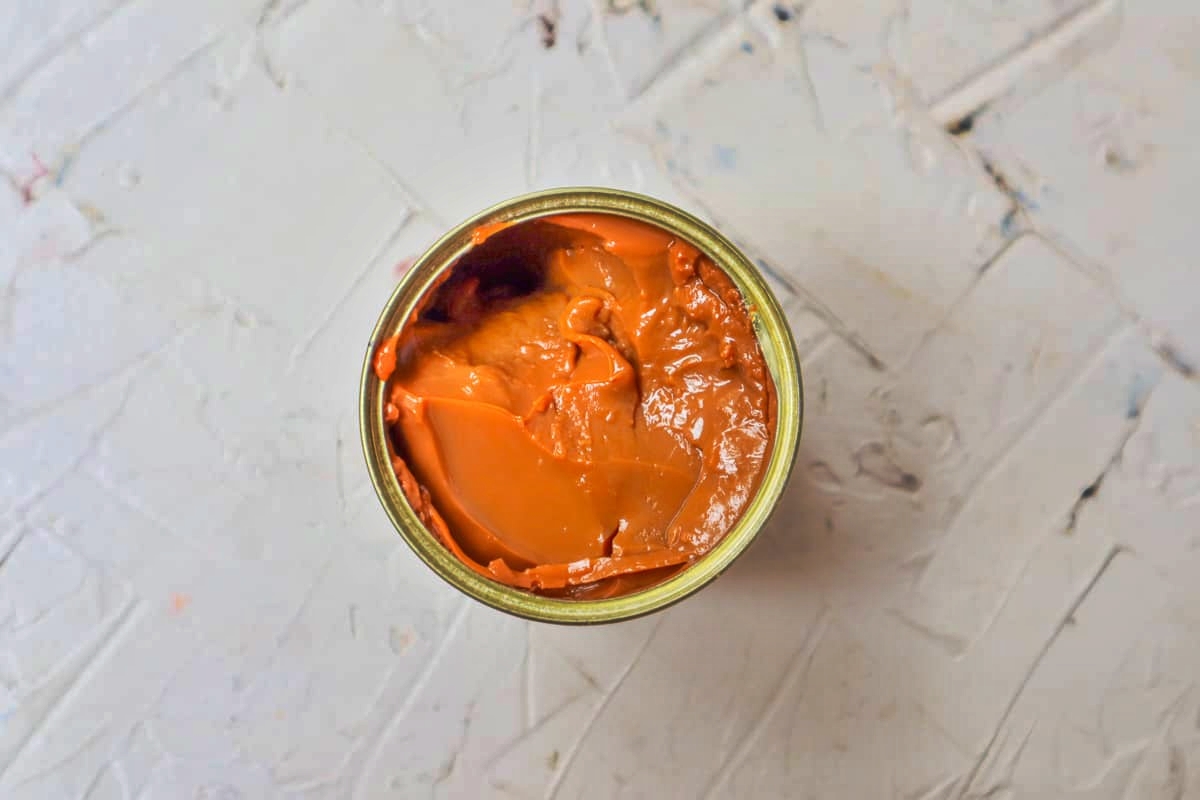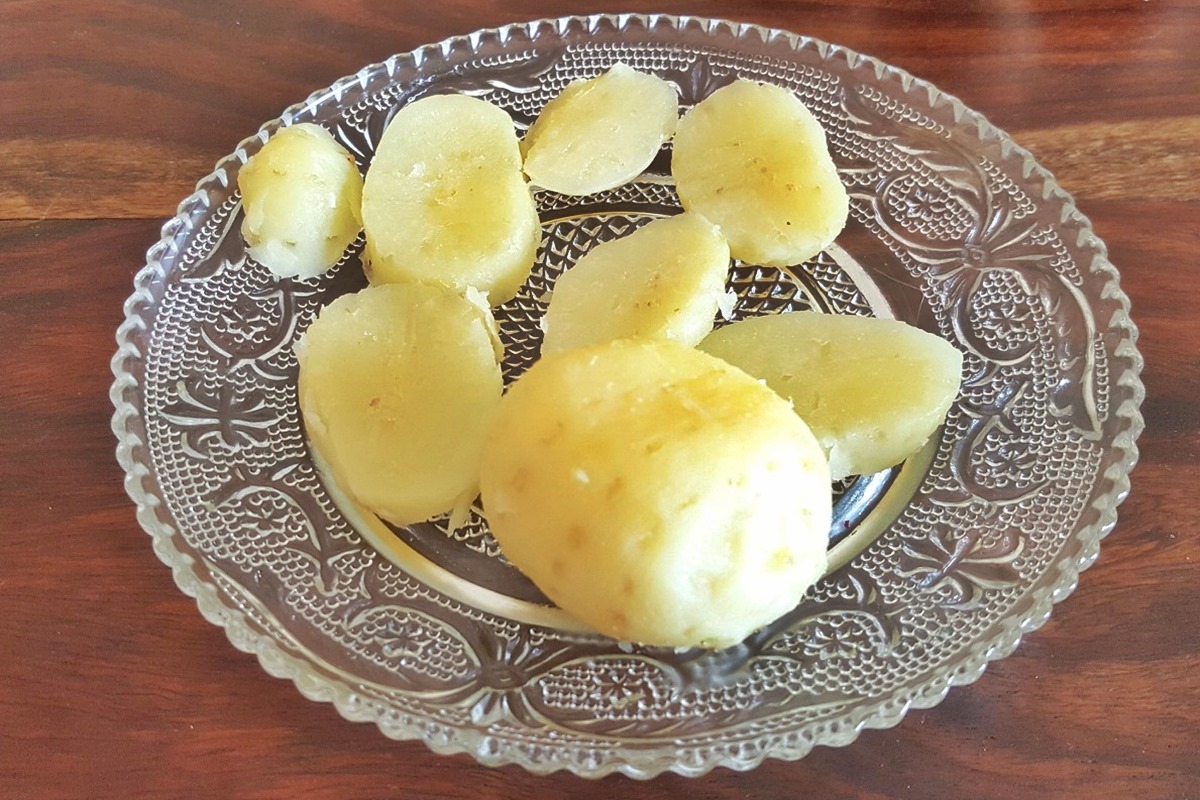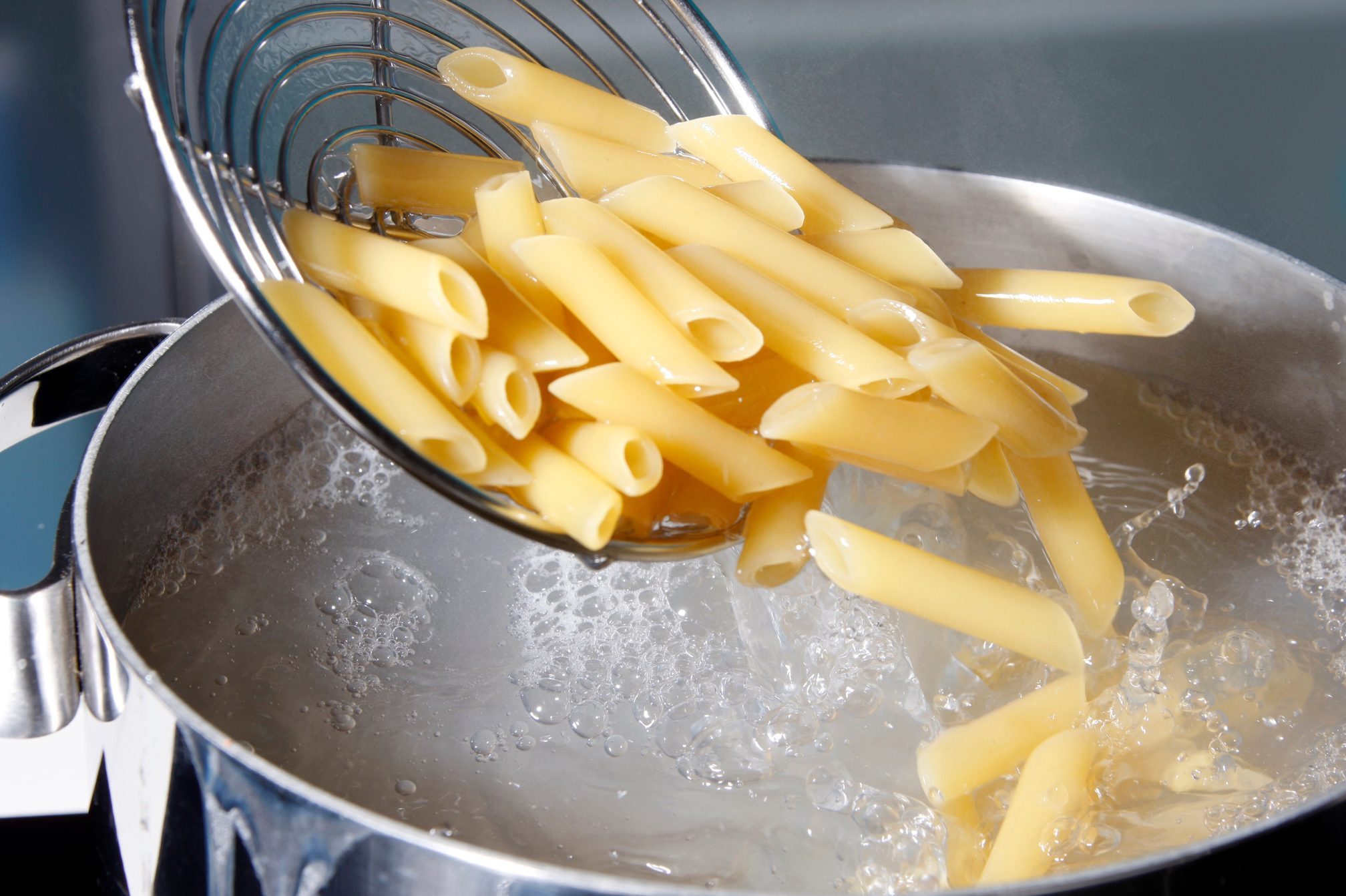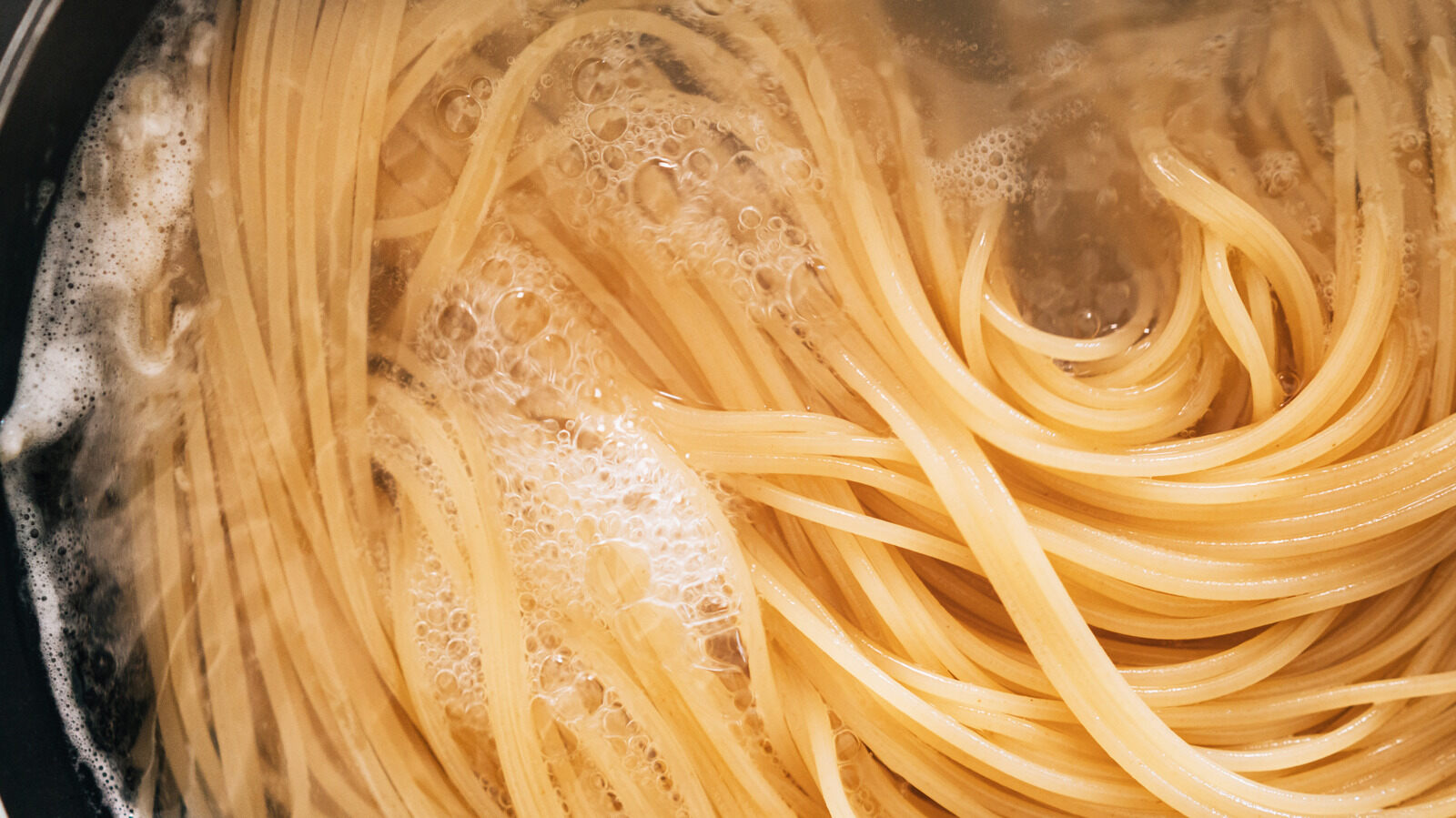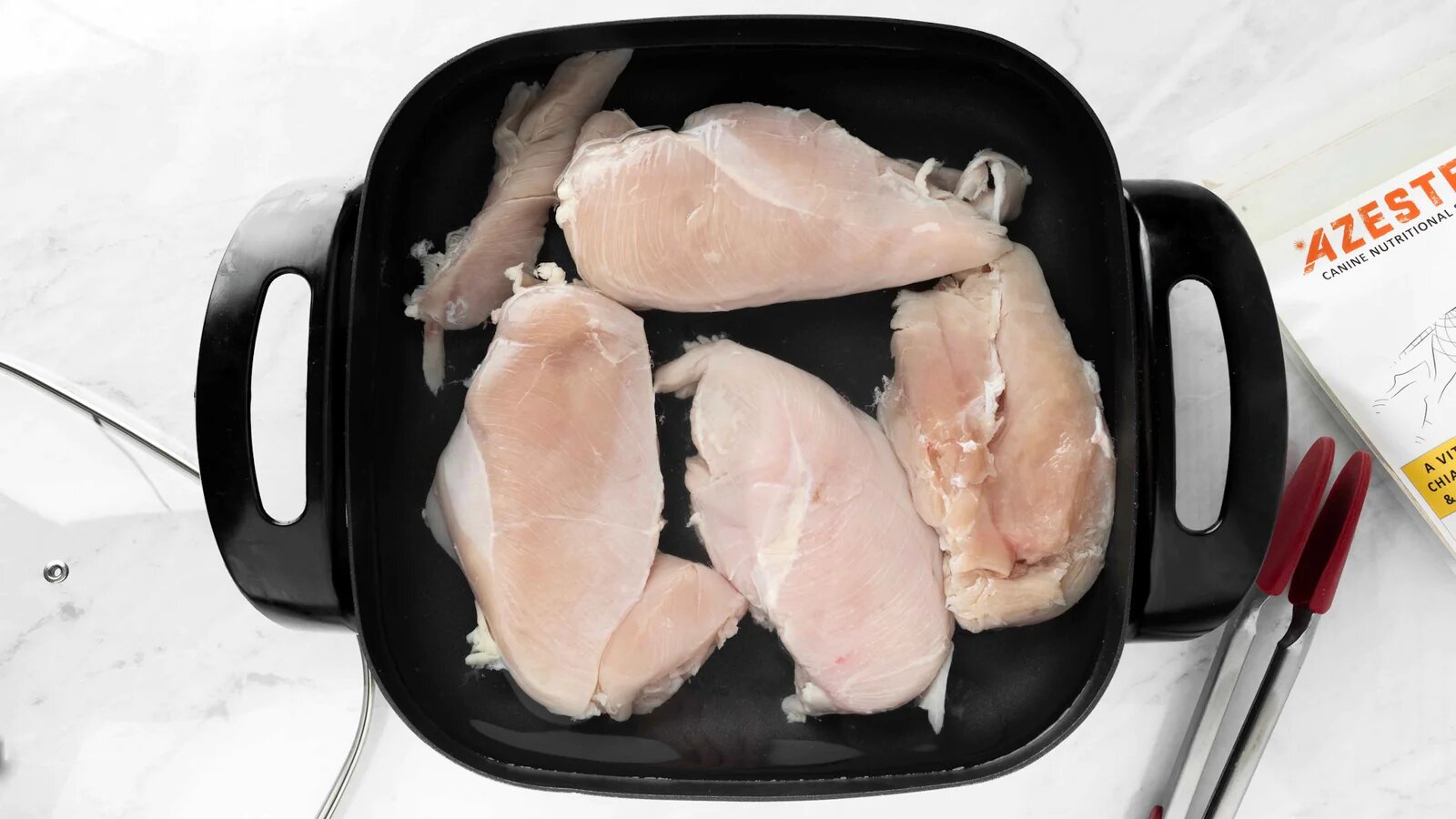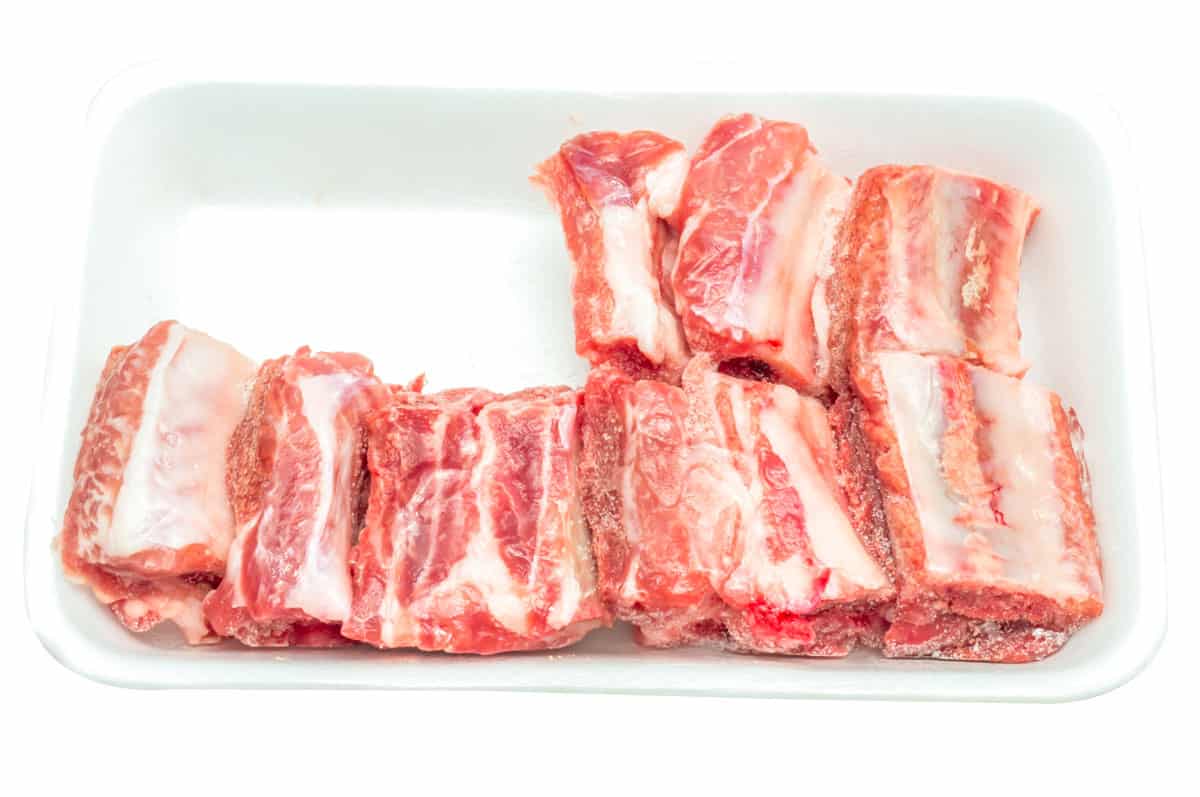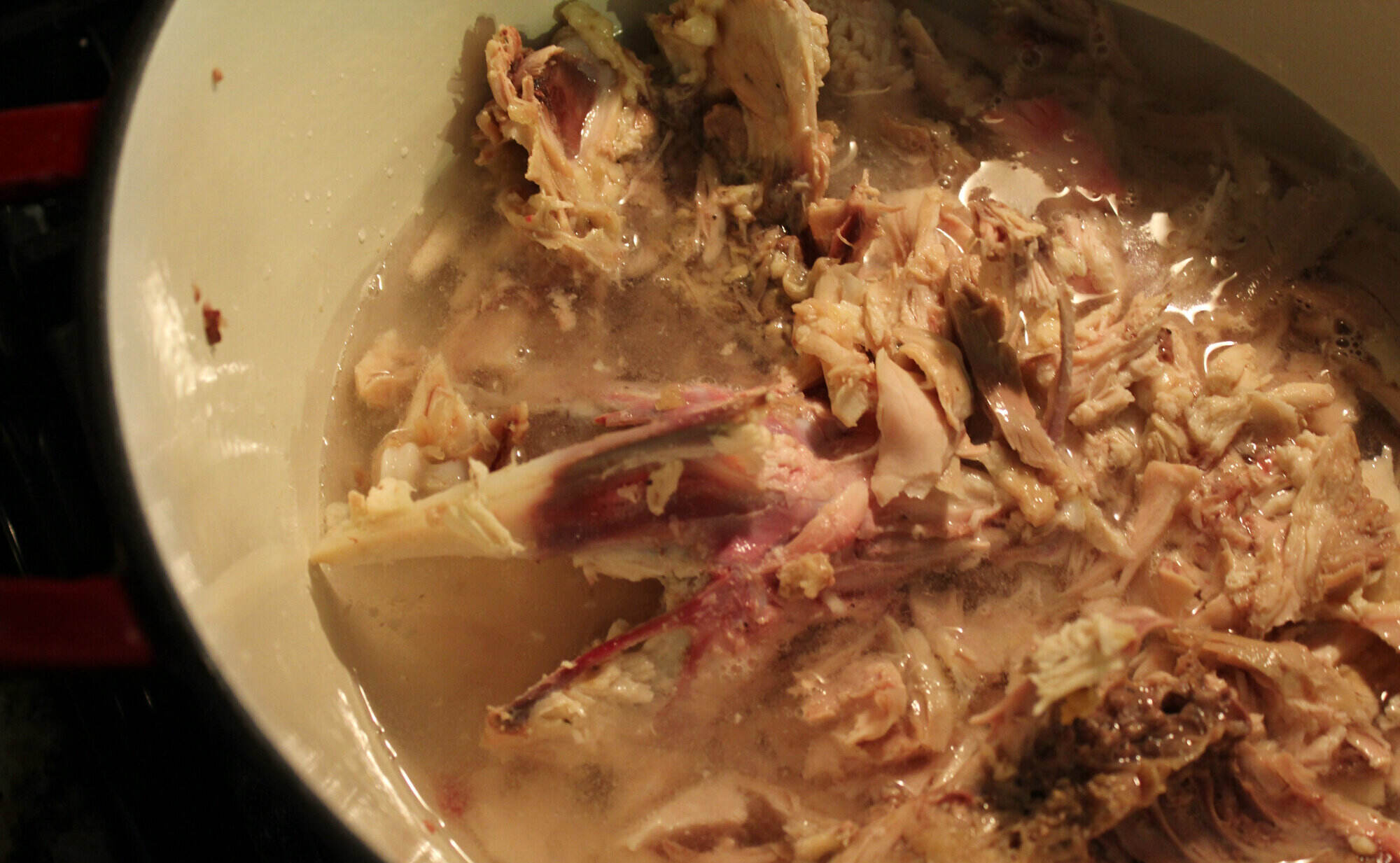How To Boil Hard Boiled Eggs Without Cracking
There’s nothing quite as frustrating as getting ready to enjoy a hard boiled egg, only to find that it has cracked during the boiling process. But fear not, because we have the perfect solution for you! In this article, we will share some simple tips and tricks to help you boil hard boiled eggs without any cracking.
1. Choose the right eggs
Believe it or not, the freshness of the eggs can actually impact their likelihood of cracking when boiled. Fresh eggs have a higher ratio of egg white to air in the shell, making them more prone to cracking. To avoid this, try using eggs that are a few days old.
2. Handle the eggs with care
Before you start boiling the eggs, make sure to handle them gently. Rough handling can cause small cracks in the shells, which can lead to further cracking during boiling. Place the eggs in a single layer in a pot or saucepan to minimize movement and potential damage.
3. Start with cold water
One common mistake when boiling eggs is to start with hot water. Instead, begin the process with cold water. This allows the eggs to heat up gradually, reducing the chances of sudden temperature changes that can cause cracks.
4. Add a pinch of salt or vinegar
Adding a pinch of salt or vinegar to the water can help prevent the eggs from cracking. The salt or vinegar helps to strengthen the eggshells and make them less prone to cracking during cooking. Simply add a small amount to the water before bringing it to a boil.
5. Boil gently
When boiling eggs, it’s important to maintain a gentle boil. Avoid a rapid, rolling boil that can cause the eggs to bounce around in the pot, increasing the chances of cracking. Instead, aim for a steady simmer that gently cooks the eggs without causing excess movement.
6. Use a timer
Overcooking the eggs can also lead to cracking. To ensure that your hard boiled eggs are perfectly cooked, use a timer to keep track of the cooking time. Most experts recommend boiling large eggs for about 10-12 minutes, and medium eggs for around 8-10 minutes.
7. Cool the eggs properly
Once the eggs have finished boiling, it’s important to cool them down properly. Placing hot eggs directly in cold water can cause rapid temperature changes and result in cracked shells. Instead, transfer the eggs to a bowl of ice water and let them cool for at least 5 minutes.
8. Peel with care
When it’s time to peel your hard boiled eggs, do it with care to avoid unnecessary cracking. Start by gently tapping the egg on a hard surface to create small cracks all over the shell. Then, roll the egg gently between your hands to loosen the shell before peeling.
By following these simple tips, you can boil hard boiled eggs without any cracking. Say goodbye to frustrating egg mishaps and enjoy perfectly cooked eggs every time. Whether you’re making deviled eggs or adding sliced eggs to your salad, you can now do so with confidence!
Was this page helpful?
Read Next: How To Boil Crawfish Step By Step
